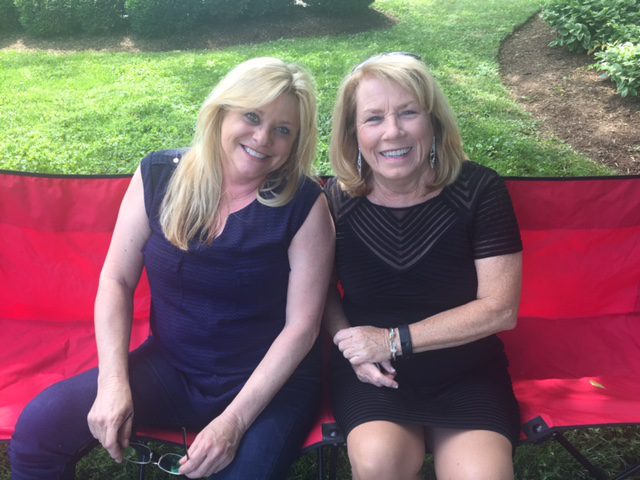Original posted to LifeHealthPro
FEB 06, 2015 | BY LYNETTE GIL
With the jobs report released and the positive numbers indicating that interest rates might be increasing in the coming months, how will this affect women who are going to retire in the near and longer in the future? There is still a retirement and wage gap between women and men and, although it’s closing, “it results from multiple long-term socio-economic conditions,” according to Donna M. Phelan, advisor, speaker, former president of the American Association of Individual Investors (AAII) Connecticut state chapter, and author of “Women, Money and Prosperity: A Sister’s Perspective on How to Retire Well” in a recent article.
Phelan, who was also a member of the Financial Women’s Association in New York, attributes most of the reasons why women are behind in saving for their retirement to:
– Stagnating wages
– Wage gap between women and men
– Wage disparities between ethnicities
– Not starting their careers in management positions or getting those promotions
– 401(k) gender gap that is bigger than the gender wage gap (for example: an average man’s 401(k) savings was $100,000 while an average woman’s was $59,300)
– Women leaving the workforce to care for children or the elderly
– Upon re-entering the workforce, lagging behind in pay and promotions, or hinders career progress
– Leaving the workforce for caregiving subtracts from their Social Security potential earnings
– Living alone increases their chances of living in poverty
– Singlehood poses a threat to women’s retirement
– Longevity is another risk factor
Phelan exposes all of these reasons, with data from various sources, as a “food for thought” commentary. “What if the old method of trying to save enough for retirement doesn’t work for women?” she asks. “New strategies are needed if women are going to thrive in retirement. Women should consider working longer in their careers, and part-time in retirement. Women should also consider non-traditional residence sharing – renting out empty bedrooms, getting a roommate, and downsizing. With the savings from reduced housing expenses, women could make financial investments in income-producing vehicles. Women could also turn their hobbies – for which they already have the skills, tools and materials – into profitable home-based businesses,” Phelan recommends.
She also makes a strong call to all women: We need to understand our role in our retirement and take responsibility. Phelan also mentions that one way to achieve this is to become more financially literate and be vocal advocates for other women to also think about their own retirement. “What are their friends doing to prepare for retirement? What if they got together once a month over coffee to start a conversation about women and retirement? They might discover that they have ideas, talents and resources to share with other women, who might enhance the retirement planning experience and success of a larger scope of women,” she said.

